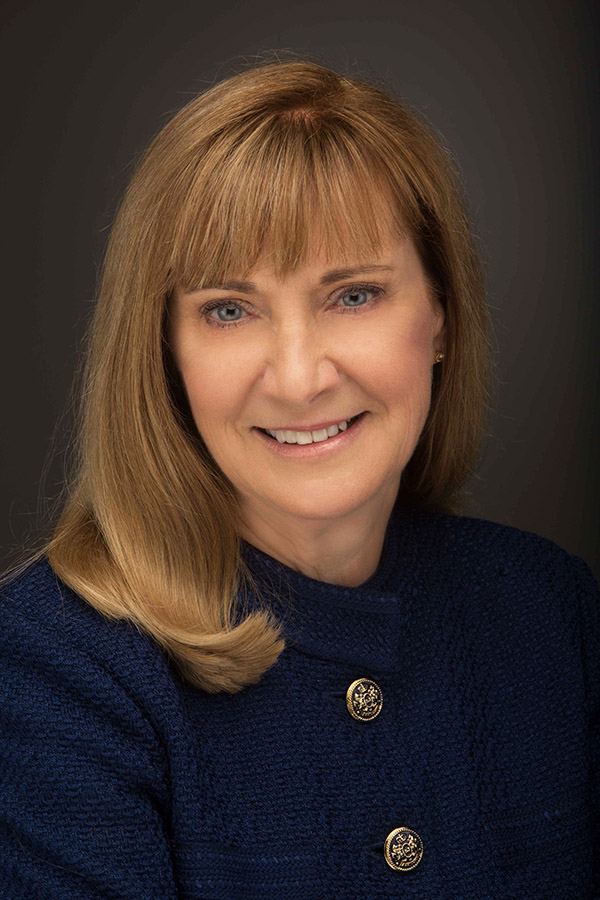Finding a Mentor to Help You on Your Job Search
By Shelia Newman, President, New Editions Consulting, Inc.
 Every October, I download the National Disability Employment Awareness Month (NDEAM) poster produced by the Office of Disability Employment Policy and place copies around our office. We at New Editions appreciate this year's theme, Inclusion drives Innovation, because we clearly see the important role that the different perspectives of New Editions' employees who have disabilities play in the success of our company.
Every October, I download the National Disability Employment Awareness Month (NDEAM) poster produced by the Office of Disability Employment Policy and place copies around our office. We at New Editions appreciate this year's theme, Inclusion drives Innovation, because we clearly see the important role that the different perspectives of New Editions' employees who have disabilities play in the success of our company.
The NDEAM campaign delivers the message that hiring people with disabilities can be good for business and employers are taking note. According to the National Trends in Disability Employment – Monthly Update (nTIDE), the employment-to-population rate for working-age people with disabilities has increased for 18 consecutive months.
Now may be the time to look for a job or look for an advancement in your career, and one of the best ways you can do this is to work with a mentor.
Finding and keeping a good mentor can be valuable to career advancement. As a mentor, I have worked with young entrepreneurs with disabilities and helped them make connections and develop relationships that helped their businesses. I have also mentored several recent college graduates as they started their job searches and obtained employment. Their successes reflected their commitment to taking charge of their careers. If you are ready for that commitment, find yourself a mentor by:
- Asking family and friends to connect you to people they know who might serve as a mentor
- Contacting current or former employers (including volunteer jobs or internships) to see if they have mentoring programs or contact people in those companies that you admired
- Finding out if your college alma mater or any organization with which you are associated (church, club, community groups) have mentoring programs
A good mentor will commit time to help you:
Inclusion Drives Innovation
A New Editions employee who has a visual impairment programmed the Disability Equality Index database.
- Determine your strengths
- Write a good resume
- Coach you on interview skills
- Teach you how to discuss your past experience
- Practice how to disclose your disability to employers
- Make contacts with potential employers
- Guide you to disability-friendly companies
- Encourage confidence
- Provide motivation and advice
One final piece of advice for you and your mentor: When you are looking for a job, explore opportunities at the 96 companies that were named the Best Places to Work for Disability Inclusion by the Disability Equality Index. The Disability Equality Index is a joint initiative between the American Association of People with Disabilities (AAPD), the nation's largest disability rights organization, and the USBLN, the leading national business-to-business network, to collectively advance the inclusion of people with disabilities.
Also search for opportunities at the 45 companies that earned the National Organization on Disability's (NOD) 2017 Leading Disability Employer Seal. NOD says these employers "are leading the way in disability hiring and encourage additional companies to tap into the many benefits of hiring talent with disabilities."
I personally find mentoring rewarding. My mentees have told me that my mentoring helped them gain confidence and most have found jobs or started their own businesses. Parents have expressed their gratitude to me when I helped my mentees transition from college to work. While rewarding, it is time consuming for both the mentor and the mentee. Make sure you are ready for that commitment. If you are, find your mentor and accelerate your employment search and advance your career.
About the writer
Shelia Newman, who was recently inducted into the 2017 Susan M. Daniels Disability Mentoring Hall of Fame, is President of New Editions Consulting, Inc., which is an NOD 2017 Leading Disability Employer. Ms. Newman has over 25 years of experience in federal government contracting, focusing on disability issues. Ms. Newman earned a B.S. in Journalism and a M.S. in Rehabilitation Counseling. She is on the Board of Directors of the U.S. International Council on Disabilities and is on the Board of Directors of her local Chamber of Commerce.
About Ticket to Work
Social Security's Ticket program supports career development for people ages 18 through 64 who receive Social Security disability benefits (SSI or SSDI) and want to work. The Ticket program is free and voluntary. It helps people with disabilities move toward financial independence and connects them with the services and support they need to succeed in the workforce.
Learn more
To learn more about the Ticket program, visit www.ssa.gov/work. You can also call the Ticket to Work Help Line at 866-968-7842 or 866-833-2967 (TTY) Monday through Friday, 8 a.m. to 8 p.m. ET. Ask a representative to send you a list of service providers or find providers on your own with the Ticket program Find Help tool.